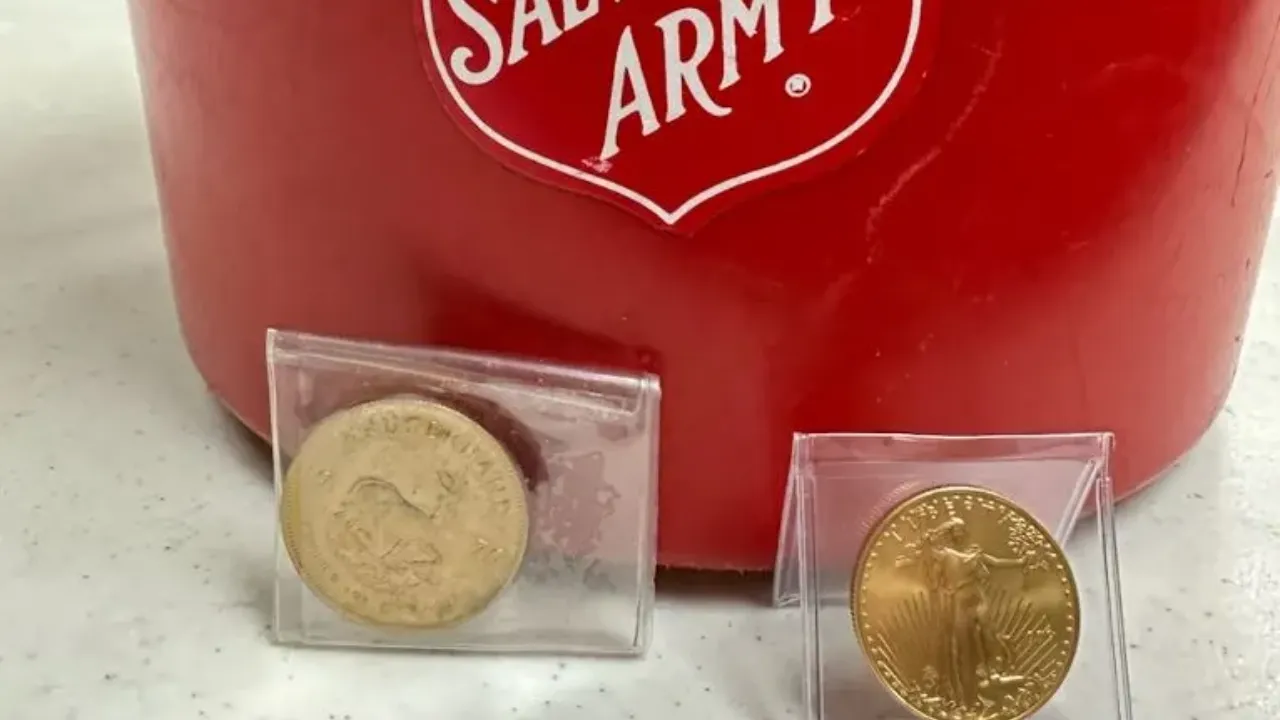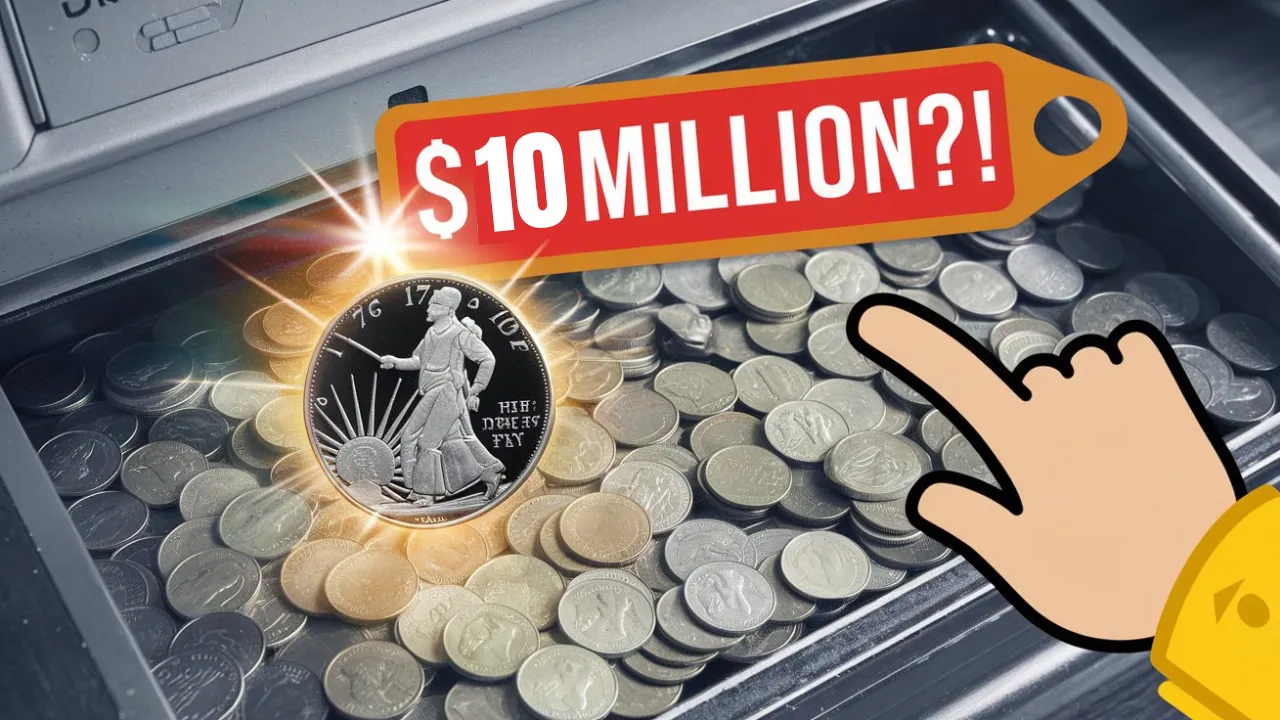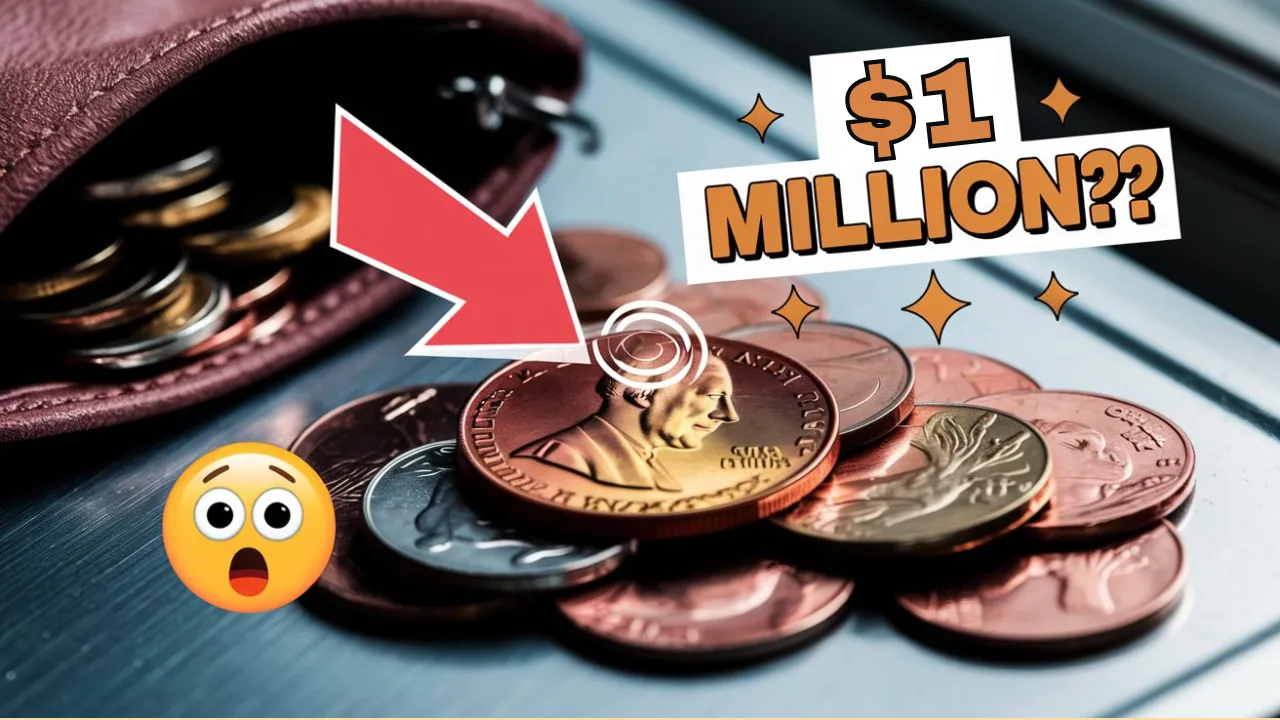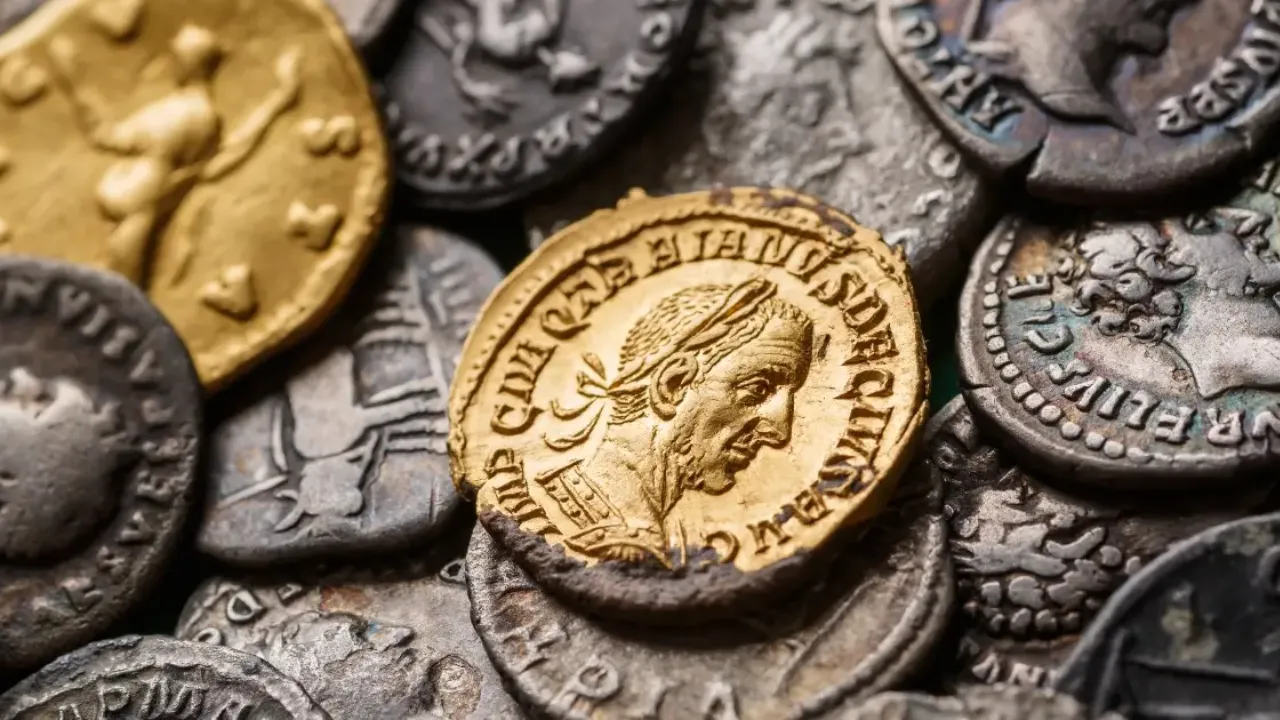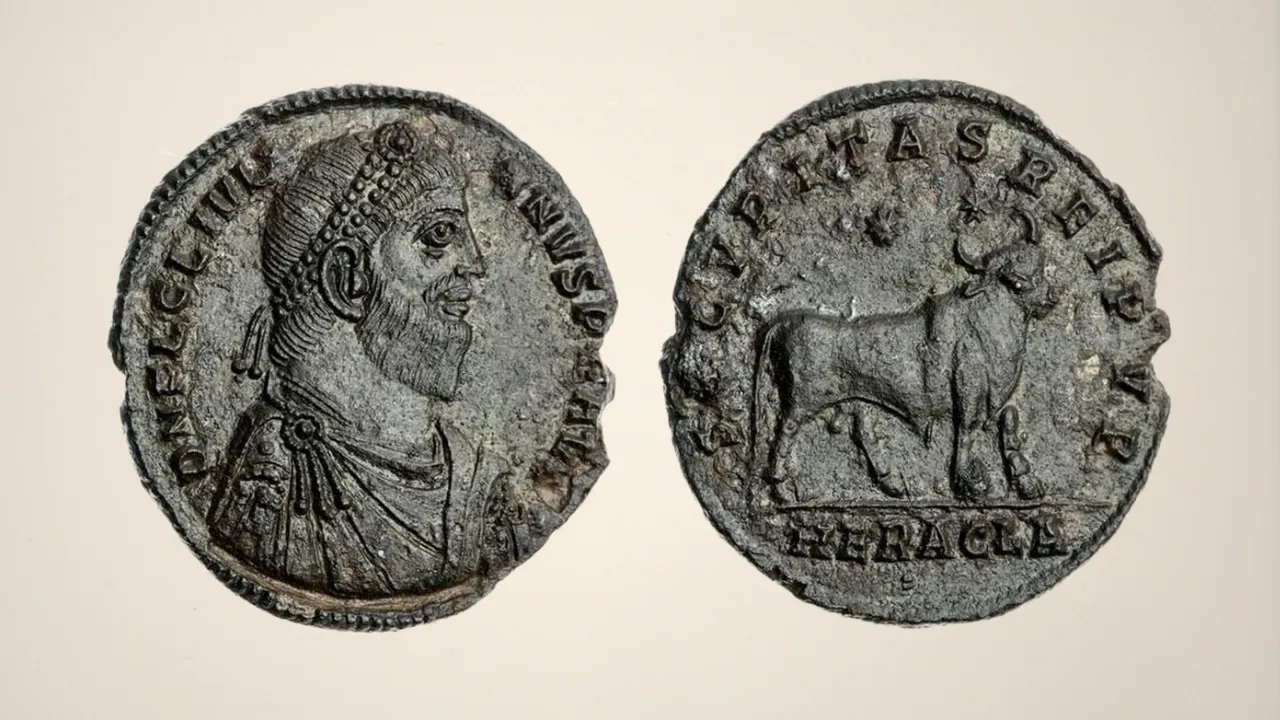Anonymous Donors: Every holiday season, the familiar sight of Anonymous Donors quietly contributing to the Salvation Army’s iconic red kettles becomes a symbol of generosity and compassion. While most people drop in spare change or small bills, a few mysterious individuals go a step further—leaving behind rare and valuable coins worth hundreds or even thousands of dollars. These acts of kindness, though often anonymous, create a significant impact on the communities they aim to support.
This article explores the remarkable generosity of Anonymous Donors, the valuable coins they contribute, and the stories of gratitude and hope they inspire. From rare gold coins to heartfelt handwritten notes, these donations represent more than just monetary value—they symbolize trust, goodwill, and the true spirit of the season.
An Overview of Anonymous Donations to Salvation Army Red Kettles
| Aspect | Details |
| Campaign Start | Began in 1891 in San Francisco to fund Christmas dinners for the poor. |
| Type of Donations | Valuable coins, cash, and rare currency. |
| Key Donation Locations | Oregon, California, Pennsylvania, Arizona, North Dakota, and more. |
| Notable Donations | Coins worth $2,600 to $6,800, including gold Krugerrands and American Eagles. |
| Donor Identity | Entirely anonymous, often with no identifying details. |
| Emotional Impact | Symbolizes hope, compassion, and generosity during the holidays. |
The Legacy of the Salvation Army’s Red Kettle Campaign
The red kettle campaign dates back to 1891, when Salvation Army Captain Joseph McFee set up the first kettle in San Francisco to raise funds for a Christmas meal for the poor. Over time, the campaign grew into an international tradition, with volunteers ringing bells beside red kettles in bustling public spaces.
Today, the funds collected help support critical programs, including food assistance, shelters for the homeless, disaster relief, and aid for veterans. But among the loose change and dollar bills, a few kettles across the United States have revealed something extraordinary—rare and valuable coins left by Anonymous Donors.
Stories of Generosity: Valuable Coins Found Across the Nation
1. A Golden Surprise in Oregon
In Oregon, a 1927 $20 double eagle gold coin worth approximately $2,600 was dropped into a Salvation Army kettle over Thanksgiving weekend. Jeff Walters from the Salvation Army expressed gratitude, saying, “Whoever gave this to us trusts us to put this gold to good use to make a difference in this community.”
2. The Krugerrand Coin in California
Volunteers in Napa County, California, were astonished to discover a South African Krugerrand gold coin among the day’s donations. These coins are highly valuable, often worth thousands of dollars, and are rarely seen in casual donations.
3. A Mysterious Note in Pennsylvania
In Washington County, Pennsylvania, an Elizabeth II gold coin wrapped in a $1 bill was left in a kettle. Accompanied by a simple note expressing the donor’s wish to remain anonymous, the coin was later valued at over $2,700.
4. Phoenix’s Handwritten Blessing
In Phoenix, Arizona, volunteers discovered a half-ounce American Eagle gold coin attached to a heartfelt note: “May this gold help the people in need during the Christmas season. Bless you all.” The coin was appraised and sold for $1,310.
5. A Grand Gesture in North Dakota
In Fargo, North Dakota, an anonymous donor left a 2016 Australian gold kangaroo coin worth nearly $3,000. Weeks later, four more gold coins, collectively valued at $6,800, were quietly placed in kettles across the town.
Why Do Anonymous Donors Choose to Give in This Way?
The motives behind these generous contributions remain a mystery, but a few key factors might explain why Anonymous Donors choose the Salvation Army:
- Trust in the Organization: With over a century of transparent operations, donors trust that their contributions will be used effectively.
- Anonymity: The Salvation Army’s red kettles offer a discreet way to give without seeking attention.
- Emotional Connection: Many donors may have personal stories or memories tied to the organization, inspiring them to give back meaningfully.
- Impactful Giving: Leaving a valuable coin ensures the contribution stands out and makes a significant difference.
The Emotional Impact of These Donations
Beyond their monetary value, these donations carry profound emotional weight. Each gold coin or rare currency represents a story, a message, or a legacy.
Thomas Perez from the Salvation Army in Pennsylvania reflected on one such donation, saying, “These contributions show us that kindness and compassion still exist in the world. They remind us of the good in people, even in uncertain times.”
The handwritten notes accompanying many of these coins further emphasize the personal touch behind each gift. Whether it’s a simple “Bless you all” or a heartfelt message of hope, these notes leave a lasting impact on the volunteers who discover them.
How These Donations Make a Difference
The funds raised through these generous contributions are channeled into life-changing programs:
- Feeding the Hungry: Providing hot meals and groceries to struggling families.
- Housing the Homeless: Offering shelters and transitional housing programs.
- Supporting Veterans: Assisting veterans in reintegrating into society.
- Holiday Assistance: Providing gifts and meals during the festive season.
Every gold coin, rare currency, or handwritten note adds to the Salvation Army’s ability to fulfill its mission and serve communities effectively.
FAQs About Anonymous Donors and Red Kettle Donations
1. Why do people donate valuable coins anonymously?
Anonymous donations often reflect a desire to give without seeking recognition or acknowledgment.
2. How does the Salvation Army handle valuable coin donations?
The coins are typically appraised and sold, with proceeds going directly to community support programs.
3. Are these donations a regular occurrence?
Yes, valuable coin donations have become an annual tradition in many cities across the U.S.
4. Do these donations impact fundraising goals?
Absolutely! Such donations significantly boost the overall funds collected during the campaign.
5. How can others contribute to the red kettle campaign?
Anyone can donate in person at a red kettle, online, or through the Salvation Army’s website.
Final Thoughts
The actions of Anonymous Donors remind us that generosity knows no bounds. These rare and valuable coins are not just monetary donations—they are symbols of trust, hope, and kindness. As the holiday season continues, their quiet acts of giving inspire countless others to contribute in their own way.
If these stories have touched your heart, consider visiting a nearby red kettle or making a donation online. Every contribution, big or small, carries the power to change lives.
Let’s keep the spirit of giving alive and continue spreading hope this season.
